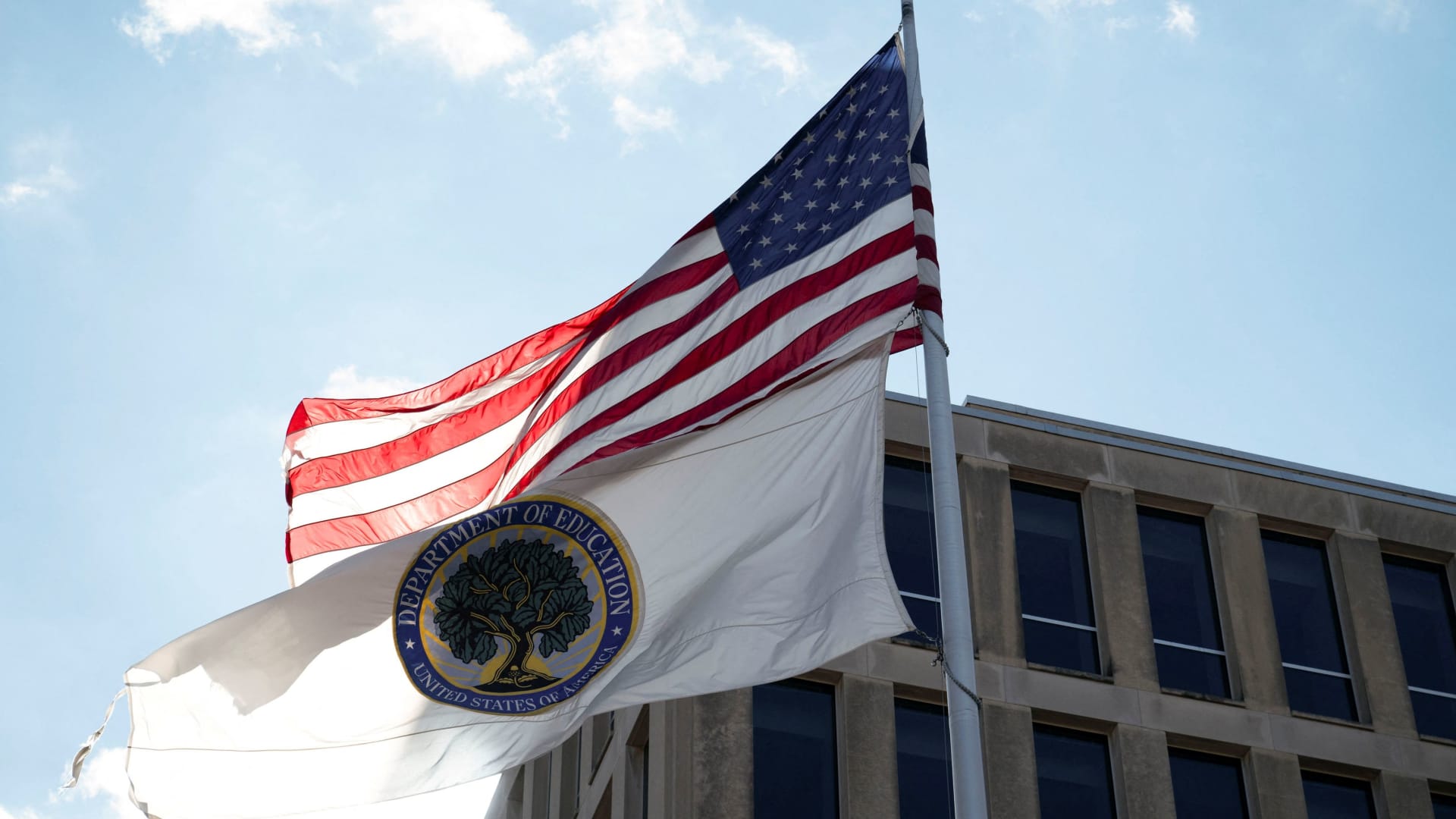16 States Introduce Legislation for Bitcoin Reserves: Following in President Trump’s Footsteps
The Rise of Bitcoin and Digital Asset Reserves
The world of finance is rapidly evolving, with the rise of Bitcoin and other cryptocurrencies challenging traditional banking systems. In a bold move, 16 states have introduced legislation for Bitcoin and digital asset reserves, mirroring President Trump’s actions at the national level. This development marks a significant shift towards embracing digital currencies in the mainstream financial sector.
Bitcoin, the first decentralized cryptocurrency, has gained widespread popularity in recent years as investors seek alternatives to traditional fiat currencies. With its decentralized nature and limited supply, Bitcoin offers a hedge against inflation and government manipulation. As a result, more and more states are looking to incorporate Bitcoin and other digital assets into their financial reserves.
The introduction of legislation for Bitcoin reserves signifies a growing acceptance of digital currencies as legitimate financial instruments. By following President Trump’s lead, these states are signaling their commitment to staying at the forefront of financial innovation.
Impact on Individuals
For individuals, the adoption of Bitcoin reserves by states could have a range of implications. Firstly, it may lead to increased stability and growth in the value of Bitcoin, as more institutions and governments invest in the cryptocurrency. This could result in higher returns for individual investors who hold Bitcoin in their portfolios.
Additionally, the widespread acceptance of Bitcoin could lead to increased mainstream adoption, making it easier for individuals to use the cryptocurrency for everyday transactions. This could pave the way for a future where digital currencies are as widely accepted as traditional fiat currencies.
Impact on the World
On a global scale, the introduction of Bitcoin reserves by states could have far-reaching consequences. It could challenge the dominance of traditional fiat currencies and reshape the international financial landscape. As more states and countries begin to incorporate digital assets into their reserves, the influence of centralized banking systems may diminish.
This shift towards digital currencies could also have implications for cross-border transactions and international trade. With more states embracing Bitcoin, the traditional barriers to financial transactions could be broken down, making it easier and more cost-effective to conduct business across borders.
Conclusion
In conclusion, the introduction of legislation for Bitcoin reserves by 16 states is a significant step towards mainstream acceptance of digital currencies. This move not only reflects the changing attitudes towards finance and technology but also sets the stage for a future where Bitcoin plays a central role in the global economy. As individuals and governments alike begin to embrace digital assets, the financial landscape is set to undergo a radical transformation.





